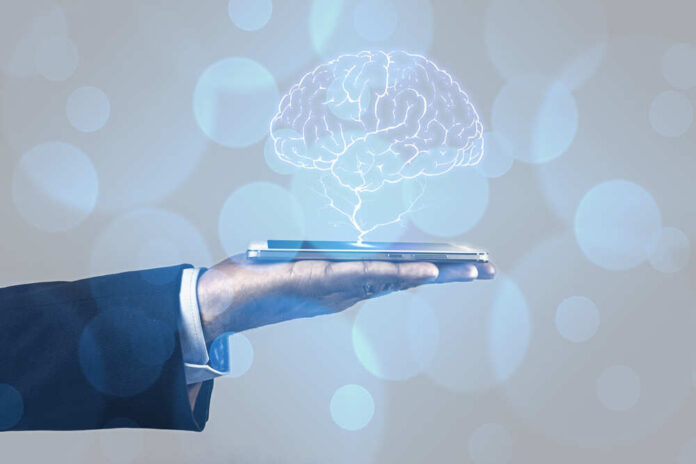
It was recently revealed that an Australian intelligence agency is attempting to merge artificial intelligence (AI) with human brain cells.
“Research into merging human brain cells with artificial intelligence has received a $600,000 grant from defense and the Office of National Intelligence (ONI),” as reported by The Guardian.
GAME CHANGER: Scientists to combine AI with human brain cells
Source: Fox News (YouTube) pic.twitter.com/9kpxxT26U7— Wittgenstein (@backtolife_2023) July 23, 2023
The Australian National Intelligence and Security Discovery Research center will fund research associated with the merging of AI into human brains that will be conducted by the Monash University and Cortical Labs.
Adeel Razi, an associate professor from Monash University, will oversee the project.
“This new technology capability in future may eventually surpass the performance of existing, purely silicon-based hardware,” Razi explained.
In 2022, the research team established a so-called “DishBrain,” which is a term used to describe a “semi-biological computer chip with some 800,000 human mouse brain cells lab-grown into its electrodes,” according to New Atlas.
The DishBrain uses lab-made neurons from human stem cells.
Scientists were able to train the brain cells to play the old video game, “Pong.”
“The micro-electrode array at the heart of the DishBrain was capable both of reading activity in the brain cells, and stimulating them with electrical signals, so the research team set up a version of ‘Pong’ where the brain cells were fed a moving electrical stimulus to represent which side of the ‘screen’ the ball was on, and how far away from the paddle it was,” New Atlas said.
“They allowed the brain cells to act on the paddle, moving it left and right,” the outlet reported.
Some “experts” have claimed that the brain-powered Biological Intelligence Operating System is the future of AI because it requires less memory, preserves energy, and can adapt to its environment like human brain cells.
“The outcomes of such research would have significant implications across multiple fields such as, but not limited to, planning, robotics, advanced automation, brain-machine interfaces, and drug discovery, giving Australia a significant strategic advantage,” Razi said in a statement.
“We will be using this grant to develop better AI machines that replicate the learning capacity of these biological neural networks,” he continued. “This will help us scale up the hardware and methods capacity to the point where they become a viable replacement for in silico computing.”





























